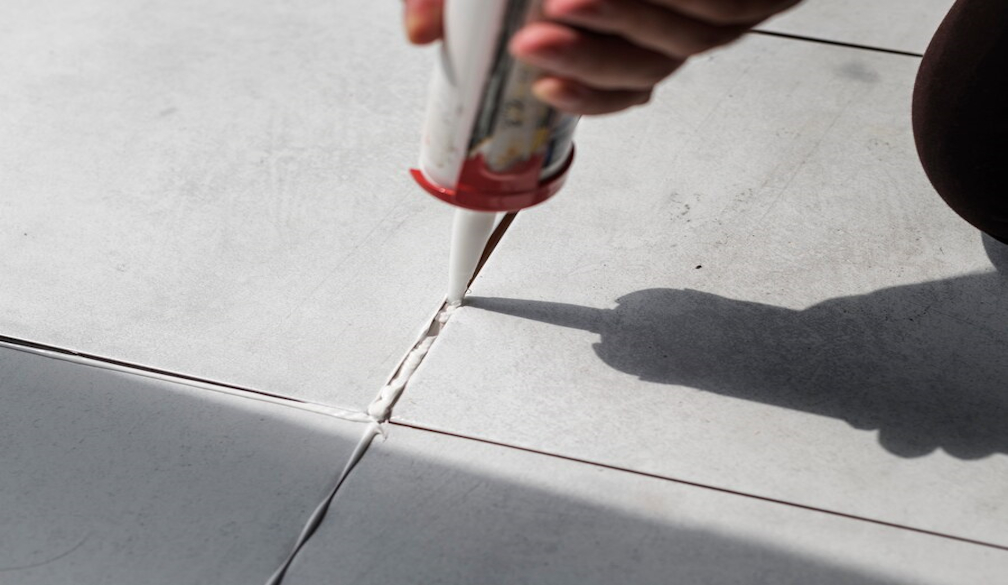10 Common Shower Regrouting Mistakes to Avoid

When it comes to refreshing the appearance and functionality of your shower, regrouting is a common maintenance task that can make a significant difference. Properly regrouting your shower not only improves aesthetics but also ensures a watertight seal, preventing water damage and mold growth. However, there are several pitfalls that homeowners often encounter during this process. To help you achieve a successful shower regrouting in Melbourne, here are ten common mistakes to avoid:
1. Skipping Proper Surface Preparation
One of the most crucial steps in shower regrouting is thorough surface preparation. Skipping this step can lead to poor adhesion of new grout and premature failure. Always clean the tiles and remove any old grout completely using a grout saw or rotary tool. Ensure the surface is dry and free of debris before applying new grout.
2. Using Incorrect Grout Type
Choosing the wrong type of grout can compromise the durability and appearance of your shower regrouting project. Ensure you select grout specifically designed for wet areas like showers. Sanded grout is typically used for wider joints, while unsanded grout is suitable for narrower joints. Using non-waterproof or non-mold-resistant grout can lead to mold and mildew growth over time.
3. Improper Mixing of Grout
Follow the manufacturer's instructions carefully when mixing grout. Improperly mixed grout can result in uneven color, poor adhesion, or weak joints. Use clean water and mix the grout to a smooth, lump-free consistency using a margin trowel or grout mixing paddle. Let the grout sit for a few minutes to "slake" before applying.
4. Applying Too Much or Too Little Grout
Applying an excessive amount of grout or not filling the joints adequately can affect the appearance and functionality of your shower. Use a grout float to press grout firmly into the joints at a 45-degree angle. Ensure the joints are completely filled without excess grout on the tile surface. Insufficient grout coverage can lead to weak joints and water penetration.
5. Not Allowing Sufficient Curing Time
Rushing the curing process can compromise the strength and durability of the grout. Allow the grout to cure for the recommended time specified by the manufacturer, usually between 24 to 72 hours. Keep the shower area dry and avoid using it during this period to allow the grout to harden properly.
6. Skipping Grout Sealing
Grout sealing is essential for protecting the grout from stains, moisture, and mold growth. After the grout has cured completely, apply a high-quality grout sealer using a small brush or applicator bottle. Wipe off any excess sealer from the tile surface promptly. Skipping this step can lead to grout discoloration, mold formation, and difficulty in cleaning.
7. Using Harsh Cleaning Products
Avoid using harsh abrasives or acidic cleaners to clean newly regrouted showers. These products can damage the grout and tile surface, leading to discoloration or erosion over time. Instead, use a mild cleaner and soft sponge or cloth to clean the shower regularly. Gentle cleaning helps preserve the appearance and integrity of the grout.
8. Neglecting Regular Maintenance
Proper maintenance is key to prolonging the lifespan of your regrouted shower. Regularly inspect the grout for signs of wear, cracks, or mold growth. Promptly repair any damaged or deteriorated grout to prevent water infiltration and potential damage to underlying surfaces.
9. Ignoring Proper Ventilation
Inadequate ventilation in the bathroom can contribute to moisture buildup, which can accelerate mold and mildew growth in regrouted showers. Ensure your bathroom is properly ventilated with an exhaust fan or open window during and after showering. Good ventilation helps reduce humidity levels and promote quicker drying of surfaces.
10. Attempting DIY Without Proper Skills
While regrouting may seem like a straightforward task, it requires precision and attention to detail. Improper technique or lack of experience can result in subpar results and costly repairs. If you're unsure about regrouting or if the job requires extensive repairs, consider hiring a professional in Melbourne who specializes in shower regrouting. Professionals have the expertise and tools to ensure a flawless finish and can offer advice on grout selection, application, and maintenance.



